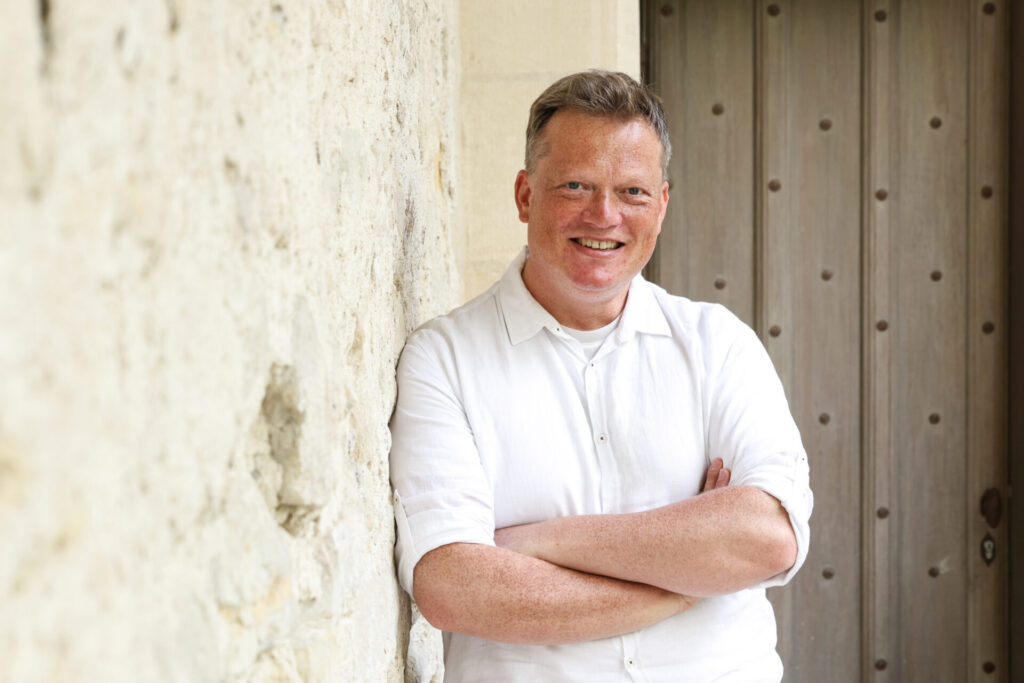Our new comment and the article collection it introduces, summarizes some of the insights that grew from our research project, Bodies in Translation, at the Centre for Advanced Study.
Abstract:
In this article, and the topical collection accompanying it, we aim to challenge so[1]called knowledge translation (hereinafter KT) in medicine and healthcare. The abbreviation ‘KT’ refers to a variety of scientific practices and research activities, bound together by the common goal of ‘bridging the gap’ between science in laboratories and clinical application, and, more generally, putting research-based knowledge into policy and practical care. Our objective, then, is to challenge KT by working through and with the convergence and divergences between different translational epistemologies. As KT has had a massive impact on practical healthcare, global health, and knowledge policy, as well as governance relating to sustainability, a critical examination of KT is of huge academic and societal significance. The point of departure for the contributors to this collection is the observation that KT is based upon a reductive understanding of translation and knowledge transmission. Standard models of KT take translation and knowledge transmission as a phenomenon for granted, and accordingly downplay the complexity of translation as an entangled material, textual and cultural process, which inevitably affects the ‘original scientific message’. By contrasting KT with historical, cultural, and epistemic differences from its scientific ‘prehistory’, and by analysing it with reference to broader humanistic and material views of translation, we aim to develop concepts of medical translation that can cope with contemporary epistemic and cultural differences.
Reference:
Ødemark, John & Engebretsen, Eivind (2022). Challenging medical knowledge translation: convergence and divergence of translation across epistemic and cultural boundaries. Humanities & Social Sciences Communications. ISSN 2662-9992. 9(71). doi: 10.1057/s41599-022-01088-6.
Collection:
.


Leave a Reply